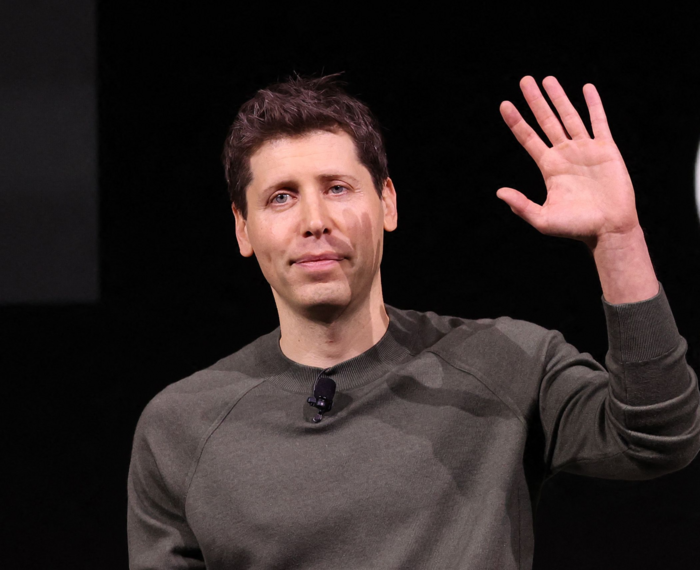This Week in AI: OpenAI’s Developments, Google’s New AI Tools, and Emerging Research
As the AI industry continues to accelerate, keeping up with the latest developments can be challenging. Here’s a roundup of recent stories and notable research in the world of machine learning that you might have missed.
OpenAI’s Major Moves: GPT-4o and Safety Concerns
OpenAI has once again captured headlines with the launch of GPT-4o, its most advanced generative model to date. However, this announcement was overshadowed by internal changes as the company disbanded its team working on controlling superintelligent AI systems. The decision, aimed at prioritizing new product launches, led to the resignation of team co-leads Jan Leike and OpenAI co-founder Ilya Sutskever.
Despite superintelligent AI being more theoretical at present, OpenAI’s leadership, particularly CEO Sam Altman, appears to be focusing more on immediate product developments over long-term safety measures. This shift has stirred debate within the AI community, raising concerns about the company’s commitment to ethical AI development.
OpenAI’s Controversial Moves
- Reddit Data Agreement: OpenAI has struck a deal with Reddit to use the platform’s data for training its AI models. While this pleased investors, Reddit users may not be as enthusiastic about the implications for privacy and data use.
- Product Over Safety: Reports suggest that Altman has been pushing for rapid product releases, sometimes at the expense of safety research. This approach has led to significant internal friction and departures from the company.
Google’s AI Announcements at I/O Conference
At its annual I/O developer conference, Google unveiled a suite of new AI products:
- Veo: A tool for generating videos.
- Enhanced Search: AI-organized results for more efficient searches.
- Gemini Chatbot: Upgrades to Google’s chatbot applications.
Key Industry Developments
- Anthropic’s New Chief Product Officer: Mike Krieger, Instagram co-founder, joins Anthropic to oversee its consumer and enterprise AI efforts.
- AI for Children: Anthropic announced guidelines for developers to create child-focused AI apps, a move contrasting with Google’s more restrictive policies.
AI Research and Applications
- DeepMind’s Frontier Safety Framework: Google DeepMind introduced a new safety framework for identifying and preventing harmful capabilities in AI models. The framework includes steps to simulate development paths, regularly evaluate models, and apply mitigation plans.
- Digital Immortality Concerns: Cambridge researchers highlighted the ethical and social risks of creating chatbots based on deceased individuals. This “digital immortality” could have both beneficial and harmful consequences, necessitating careful ethical considerations.
- ML in Physics: MIT physicists are using machine learning to predict the phases or states of physical systems, enhancing efficiency in complex statistical tasks.
- AI in Disaster Management: CU Boulder is exploring AI’s potential in disaster response and recovery, aiming for human-centered AI that promotes collaboration and inclusivity among responders and survivors.
- Disney Research’s Diffusion Image Generation: Disney Research has developed a method to diversify the outputs of diffusion image generation models, improving the variety and creativity of generated images.
Looking Ahead
As AI technology evolves, balancing rapid innovation with ethical considerations remains crucial. OpenAI’s recent actions underscore the tension between product development and safety, a theme likely to persist as AI capabilities expand. Stay tuned for more updates in this dynamic field, including the upcoming TechCrunch AI newsletter.
